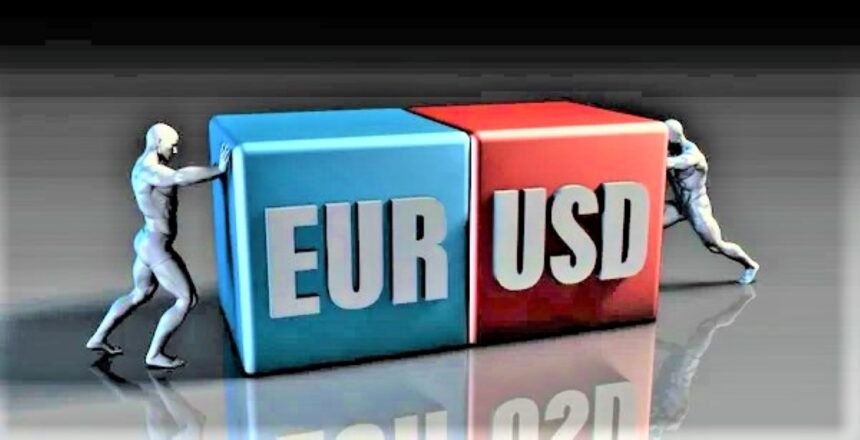EURUSD goes lower on increased pessimism about the European economy, tightening Fed, and USD refuge flows
On Thursday, EURUSD traded in the 1.1030s, approximately a tenth of a percent down on the day, as geopolitical uncertainties increased demand for the safe-haven US Dollar (USD), while the Euro (EUR) fell amid a bleak economic prognosis for the old continent.
EURUSD falls on tighter Fed and haven flows.
EURUSD enters Thursday on the back foot, having closed lower for three straight days. A single Euro now buys nearly two cents less than it did at the beginning of the week.
The Euro is dropping after lower-than-expected inflation figures for September reduced the Eurozone’s official headline rate to 1.8%, the first time it has gone below the European Central Bank’s (ECB) objective of 2.0% in 39 months. The report increases the likelihood that the ECB would lower interest rates more aggressively, which would be negative for the Euro because it inhibits foreign capital inflows.
In the US, however, market bets are lowering that the US Federal Reserve (Fed) would follow up its “jumbo” 50 basis points (0.50%) cut with an equal-sized cut in November, which is supporting The US dollar.
Strong US jobs data is reassuring investors that the US economy will not crash. JOLTS Job Openings increased to 8.04 million in August from a revised 7.71 million in July, while ADP Employment Change, an estimate of private payrolls growth, came in at 142K in September, exceeding the previous month’s 103K and estimates of 120K. Markets now waiting for the US’s most crucial labor report, Nonfarm Payrolls (NFP), which is scheduled for release on Friday.
US dollar accelerating its rise amid declining market expectations of another aggressive rate drop from the Fed.
Rising geopolitical tensions in the Middle East bolster the US Dollar since it considered as a safe haven in times of crisis, putting additional pressure on the EURUSD pair. Israel has intensified its multi-front battle against Iran and its proxies – Hamas and Hezbollah and Yemen’s Houthis. Following Iran’s bombing of Israel on Tuesday, there are growing concerns that Israel would respond with targeted assaults on Iranian oil installations and possibly nuclear research sites.
Europe confronts an uncertain future.
The Euro is struggling because of a negative longer-term economic growth prognosis for Europe. These concerns were articulated on Wednesday in a speech delivered in Berlin by French President Emmanuel Macron. Macron cautioned Europe of the existential costs of failing to invest in its future in order to remain competitive in a rapidly evolving new international order driven by the United States and China.
Europe, he claimed, faced “an existential risk” unless it increased investment in innovation and Artificial Intelligence (AI), implemented tariffs to ensure A level playing field with subsidy-backed competitors, simplified complex regulation, and interconnected member states on the capital market and governance levels. His comments matched those made by Mario Draghi, former Prime Minister of Italy, in his recent report on EU competitiveness, which reached similar negative findings.









